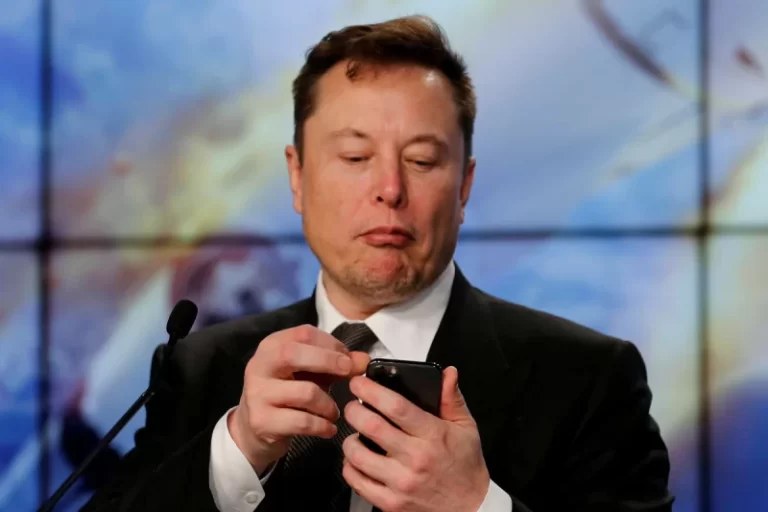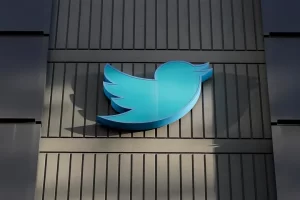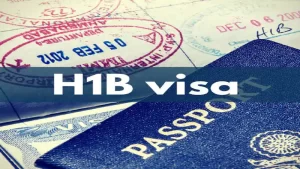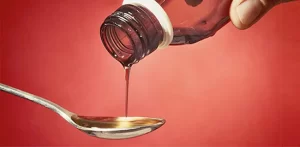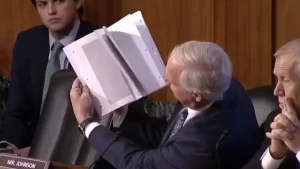Venezuelan agents have arrested a key opposition figure on charges of terrorism and treason.
Freddy Guevara was in his car when he was detained on a highway within the capital Caracas.
The left-wing government accuses him of getting ties to “extremist groups” and foreign governments.
Mr Guevara may be a close ally of opposition leader Juan Guaidó, who said that he was threatened by armed men as he visited help Mr Guevara.
Mr Guaidó’s wife Fabiana Rosales tweeted that hooded men with weapons entered the basement of their home and surrounded Mr Guaidó’s vehicle. He wasn’t however detained.
Venezuela’s Attorney-General Tarek Saab said Mr Guevara would be charged with “the crimes of terrorism, attacks against the constitutional order, conspiracy to commit a criminal offense and treason”.
The 35-year-old broadcast survive social media from the car as he was detained, apologising to his family for his or her “suffering”. His current whereabouts are unknown, his staff posted on Twitter.
Mr Guevara previously sought refuge within the Chilean embassy in Caracas in 2017, after the govt accused him of instigating violence during opposition protests. He was pardoned on those charges but a year ago.
The US has condemned Mr Guevara’s arrest and “threats” against Mr Guaidó. Julie Chung of the US state department demanded the discharge of all Venezuela’s political prisoners during a tweet.
The US, UK, EU and most Latin American governments recognise Juan Guaidó because the legitimate leader of Venezuela. He declared himself interim president in 2019 after alleging fraud within the presidential election the previous year.
But President Nicolás Maduro remains on top of things of the safety forces and has powerful allies in China and Russia.
Reuters press agency reported last week that the govt and therefore the opposition are thanks to hold talks in Mexico next month over the country’s political crisis.
Venezuela has been caught during a downward spiral for years with growing political discontent further fuelled by hyperinflation, power cuts, and shortages of food and medicine.
Critics say basic services, like policing, health care and road maintenance, are neglected.


